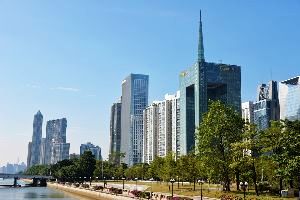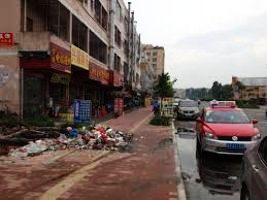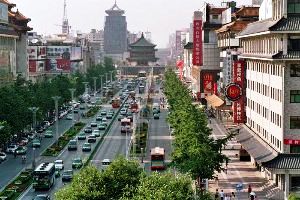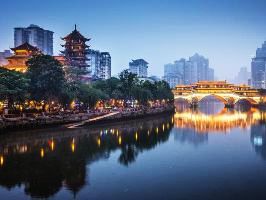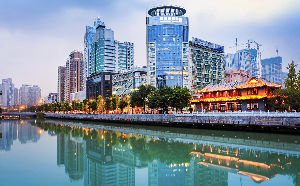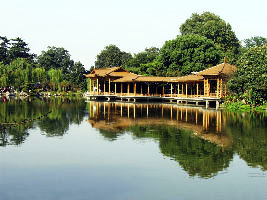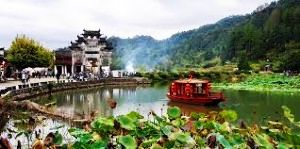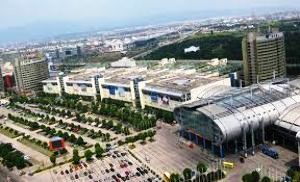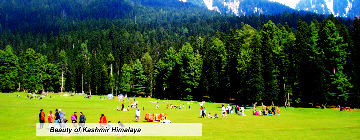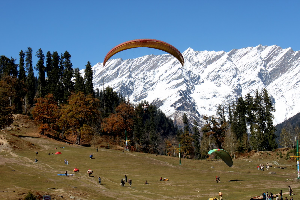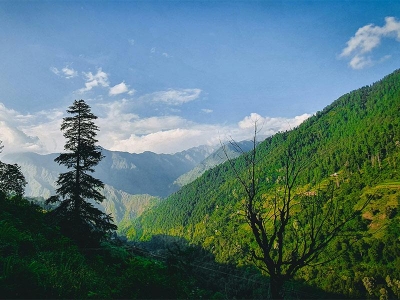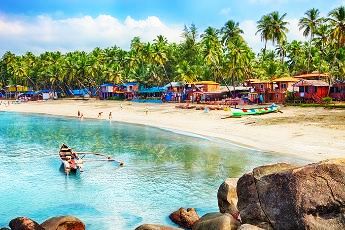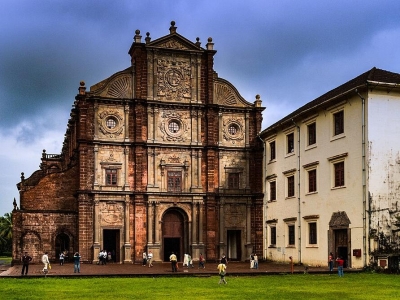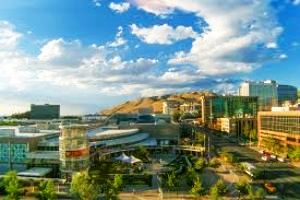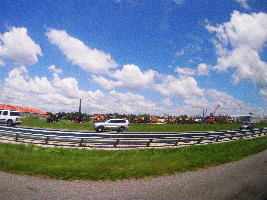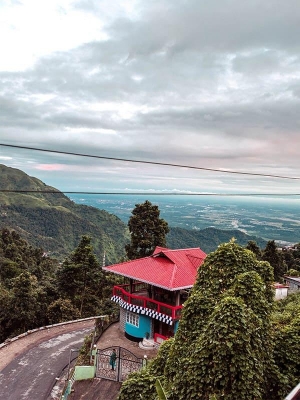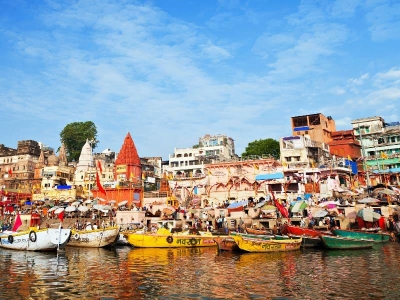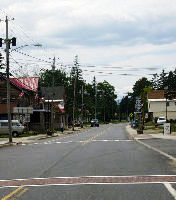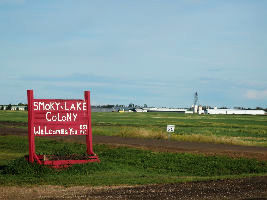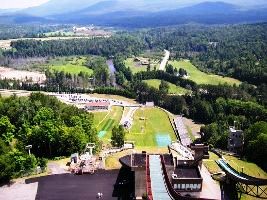About Xining
Xining is the capital of Qinghai region in western China, and the biggest city on the Tibetan Plateau. The city was a business center along the Northern Silk Road's Hexi Corridor for more than 2000 years, and was a fortification of the Han, Sui, Tang, and Song traditions' opposition against migrant assaults from the west. Albeit long a piece of Gansu territory, Xining was added to Qinghai in 1928. Xining holds destinations of religious importance to Muslims and Buddhists, including the Dongguan Mosque and Ta'er Monastery.
The city lies in the Huangshui River valley, and attributable to its high height, has a chilly semi-bone-dry atmosphere. Xining is situated on the eastern edge of the Qinghai– Tibet Plateau and the upper spans of the Huangshui River. It is the political, financial, and social focal point of Qinghai Province with a normal elevation of around 2,200 meters 7,200 ft. Human action in the locale can be followed to 2,100 years back. Amid the Western and Eastern Han administrations, attributable to its creating farming, Xining was paid seen because of its monetary and military criticalness.
And also being an essential pivot between the Central Plains and the western piece of China in old circumstances, Xining was a critical connection in the Silk Road. It keeps on being an imperative rail and street connect to the hinterlands of the Qinghai– Tibet Plateau. As the capital of Qinghai area, Xining nearly flaunts all assortments of neighborhood flavors. Xining's cooking is particular from different assortments of Chinese urban areas utilizing for the most part sustenance items local to the zone. Sustenance here is considerable, yet very modest.
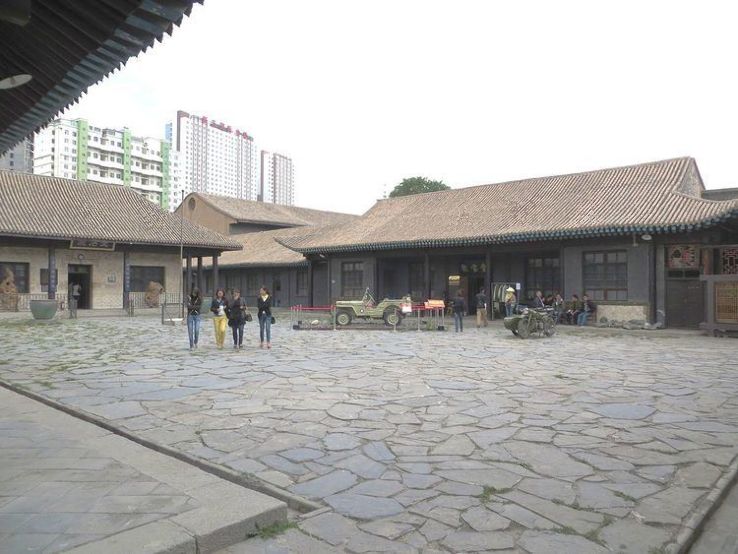
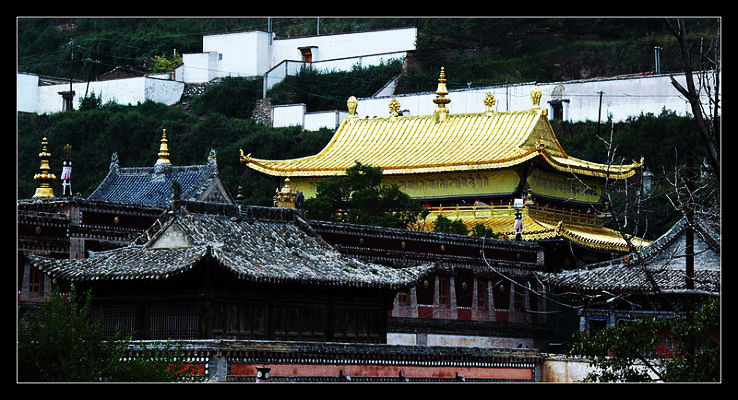
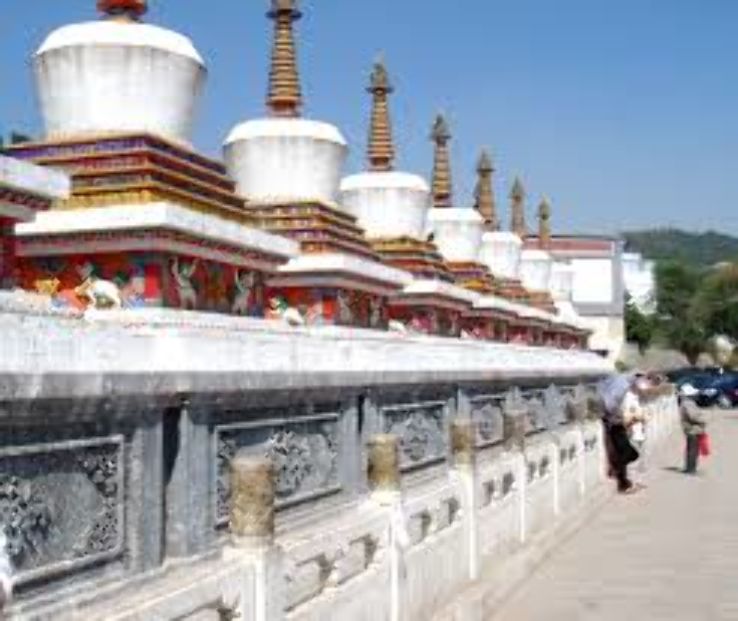
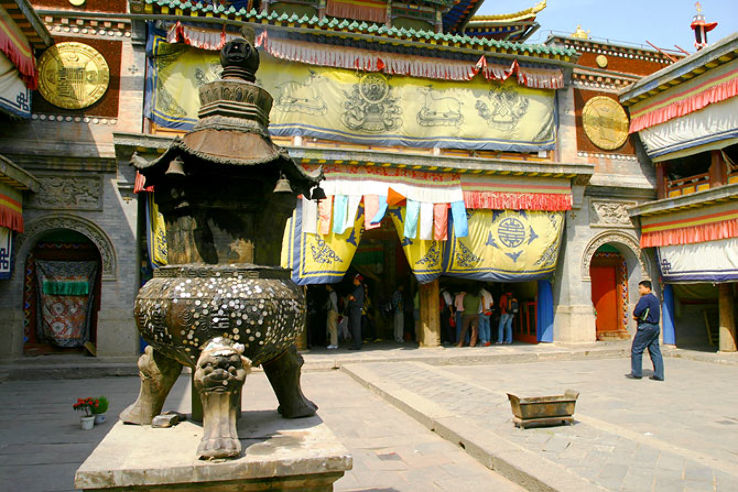
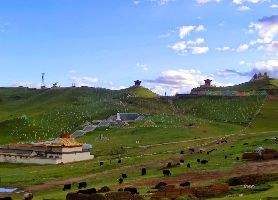

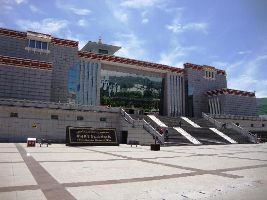

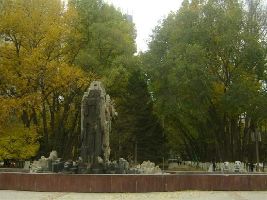
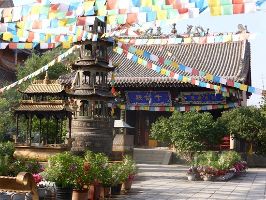
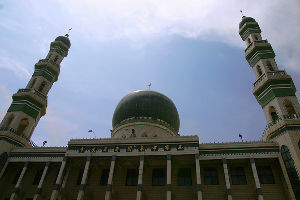






_1517915562m.jpg)

